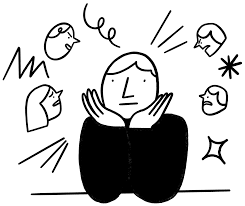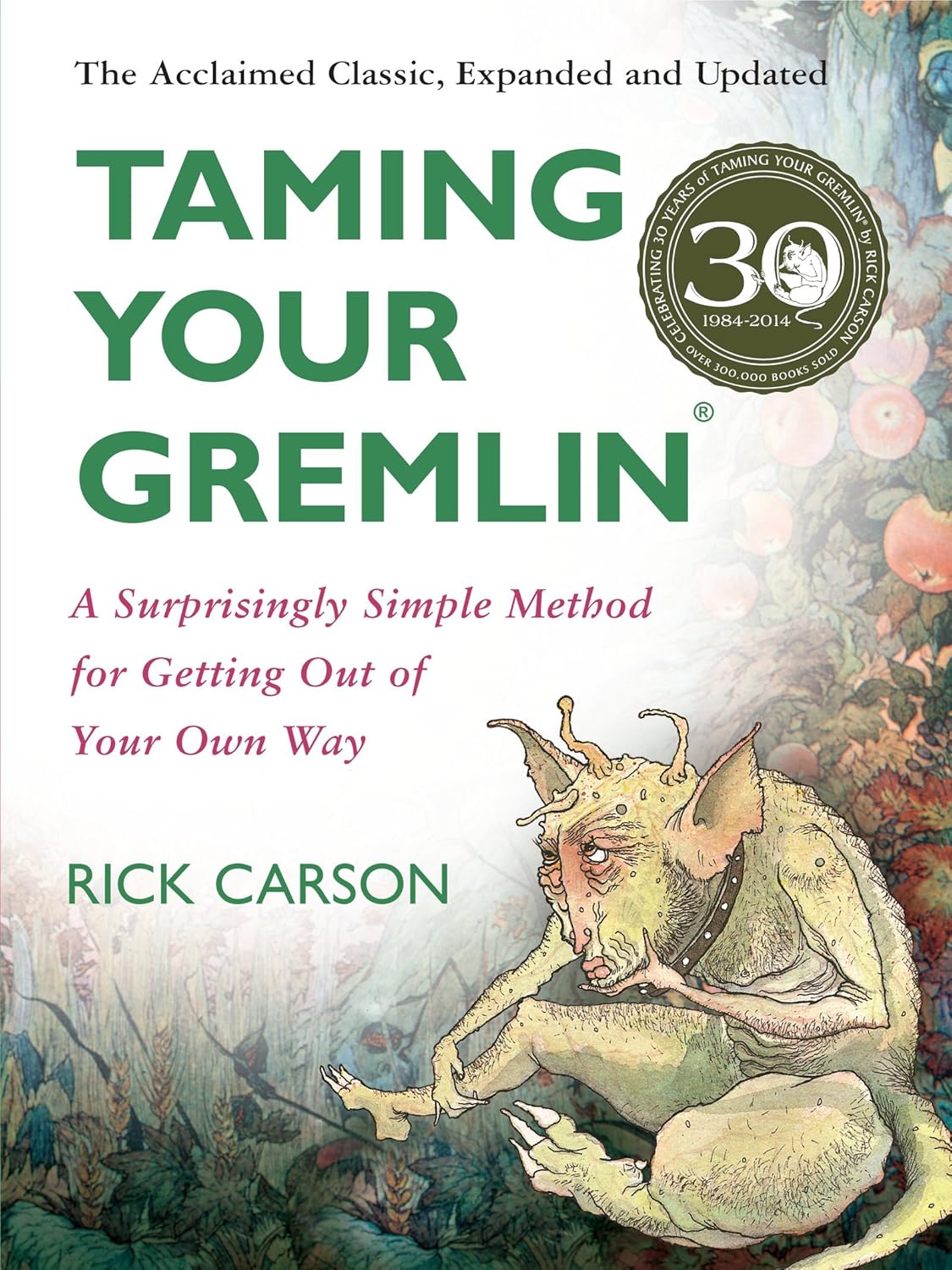← Back to Managing impostor feelings















Managing your inner critic
Humans are social animals. Being part of, and valued within, a social group is very important… in fact, critical to our survival in evolutionary terms. Social belonging and connection was identified as a core psychological need by Maslow, after food, water, warmth and physical safety.[1] So, maintaining social standing matters, and the way we do it is engrained from childhood.
The “inner critic” concept is a metaphor for the thoughts, feelings and habitual behaviours that we use to keep us safe. This part of us gets particularly loud when we feel insecure because we have a negative attentional bias to threat (described by Eysenck in 2007 [2]). This self-criticism increases our stress levels, a topic explored by Kristen Neff in her research, and can negatively impact both wellbeing and performance.
Listening to what our inner critic tells us can make us feel fearful or angry, and encourage us to act in ways that may feel “safe” in the short term, but which, in the medium and long-term tend not to align with our goals, and can hold us back from achieving our potential.
[1] Maslow, A. H. (1943). A theory of human motivation. Psychological Review, 50(4), 370–396.[2] Eysenck MW, Derakshan N, Santos R, Calvo MG. Anxiety and cognitive performance: attentional control theory. Emotion. 2007;7:336–353.
The “inner critic” concept is a metaphor for the thoughts, feelings and habitual behaviours that we use to keep us safe. This part of us gets particularly loud when we feel insecure because we have a negative attentional bias to threat (described by Eysenck in 2007 [2]). This self-criticism increases our stress levels, a topic explored by Kristen Neff in her research, and can negatively impact both wellbeing and performance.
Listening to what our inner critic tells us can make us feel fearful or angry, and encourage us to act in ways that may feel “safe” in the short term, but which, in the medium and long-term tend not to align with our goals, and can hold us back from achieving our potential.
Things you can do
Get to know your inner critic
Various psychological models create characters out of our inner critics, ‘saboteurs’, or ‘chimp brains’ because they often feel like they’re acting completely independently to the secure, relaxed version of us.
There are some links below to explore this further, and coaching can be a great way to get to know yours.
Simply becoming aware of the nature of your inner critic, or ‘chimp brain’ can help to reduce the associated distress, and help you develop an alternative.
There are some links below to explore this further, and coaching can be a great way to get to know yours.
Simply becoming aware of the nature of your inner critic, or ‘chimp brain’ can help to reduce the associated distress, and help you develop an alternative.
Related Resources

PQ saboteur assessment

Lilli Cooper coaching

Optimising Performance for Surgeons course

The Chimp Paradox (book and audiobook)

Taming your Gremlin®

Impostor scale assessment

The impostor phenomenon: getting out of your own way (article)

PQ saboteur assessment

Lilli Cooper coaching

Optimising Performance for Surgeons course

The Chimp Paradox (book and audiobook)

Taming your Gremlin®

Impostor scale assessment

The impostor phenomenon: getting out of your own way (article)
Haven't found what you're looking for?
This is intended to be a place where busy healthcare professionals can come to find resources to support their fulfilment, productivity, health and performance.
Is there anything missing that you’re looking for? Or anything that has been useful for you that you would like to share? Any niche requests for recommendations? I would love to hear from you.




